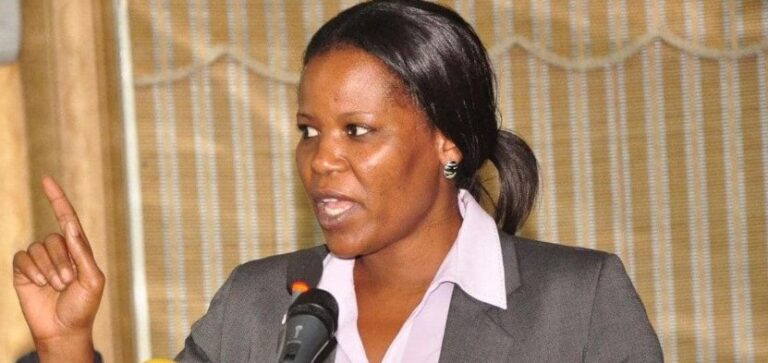In a series of meticulously researched articles, writer and researcher Joshua Craze presents a stark portrayal of South Sudan’s current state of political and institutional decay. His work forces us, citizens, policymakers, and international partners alike, to confront a deeply uncomfortable truth: South Sudan is not merely struggling through a difficult transition. It is being slowly fractured in ways that may prove irreversible if we do not change course.
Craze’s writings challenge many of the assumptions that have shaped our national discourse since the signing of the Revitalized Agreement on the Resolution of the Conflict in the Republic of South Sudan (R-ARCSS). What was meant to usher in unity, institutional reform, and peace, he argues, has instead become a mechanism through which the central government in Juba has consolidated power, sidelined opposition, and quietly abandoned commitments to security sector reform and inclusive governance.
While the international community has continued to support this process, hoping for gradual progress, the situation on the ground tells another story. Armed actors operate with impunity in several states. Regional powers are increasingly influencing domestic affairs, not in support of stability, but in pursuit of economic interests. Entire communities, particularly in Upper Nile, Western Equatoria, and Western Bahr el Ghazal, have seen their security deteriorate, despite the presence of peace agreements and international missions.
Craze describes how local populations, feeling unprotected and unheard, have turned to grassroots self-defense groups, not as political movements, but as necessary responses to neglect. In the absence of a trusted and functional national army, such groups reflect both the fragility of the state and the resilience of communities. They are not ideal solutions, but they represent an urgent reality that demands attention.
Perhaps most painful is the critique directed at international institutions, particularly the UN Mission in South Sudan (UNMISS). Craze points to repeated failures to protect civilians at critical moments, leaving thousands vulnerable to violence, displacement, and loss. While these institutions are often constrained by diplomatic limitations, the repeated pattern of inaction, even in the face of clear threats, must now be openly examined. Silence, neutrality, and symbolic presence are no substitutes for effective protection.
Yet amidst these observations, there is an undercurrent of possibility. Craze’s work is not merely an indictment; it is a call for reflection. It challenges us to ask: Who do our institutions serve? Who speaks for the people? How can peace be reimagined in a way that goes beyond elite negotiations and reaches those who continue to bear the weight of war and poverty?
As a citizen, I do not claim to have all the answers. But I do believe that the future of South Sudan must be built from the ground up. It must include the voices of those in rural communities, displaced camps, and diaspora networks. It must prioritize protection of life, restoration of dignity, and accountability for violence. And it must move beyond the illusion that peace can be achieved by simply preserving an agreement that no longer reflects the lived reality of the people.
To our international partners, the time has come to reassess the frameworks that have guided engagement with South Sudan. Continued investment in the peace agreement that has lost legitimacy risks entrenching the very dysfunction it aimed to resolve. Support must be redirected toward those who are building peace in real terms, through education, justice, dialogue, and community leadership.
The path ahead is not easy, but it is still open. We must choose it. Not for the sake of political expedience or international approval, but for our children, our communities, and the dream that gave birth to our independence. Joshua Craze has held up a mirror. What we do with that reflection is now up to us.
The author, Lilian Riziq, is a renowned social justice activist and a leading figure in South Sudan’s women’s movement. Her work focuses on advancing gender equality, fostering peace, and promoting social justice.
The views expressed in ‘opinion’ articles published by Radio Tamazuj are solely those of the writer. The veracity of any claims made is the responsibility of the author, not Radio Tamazuj.




